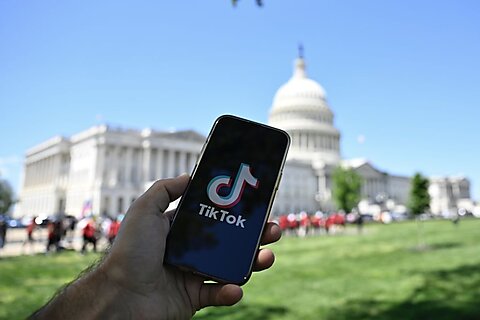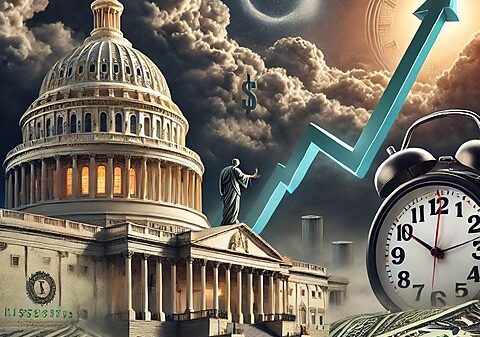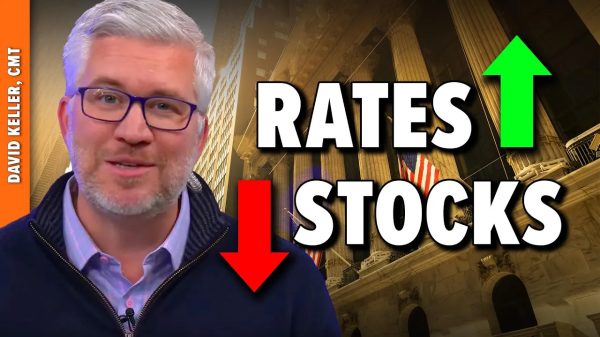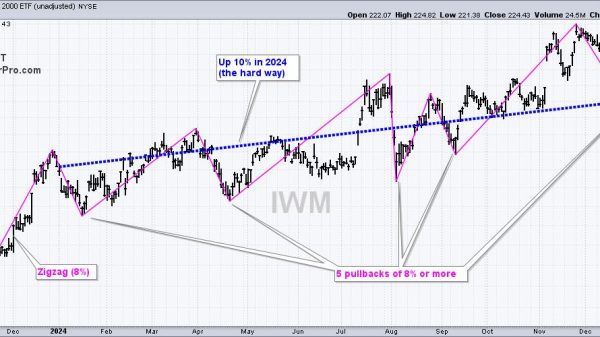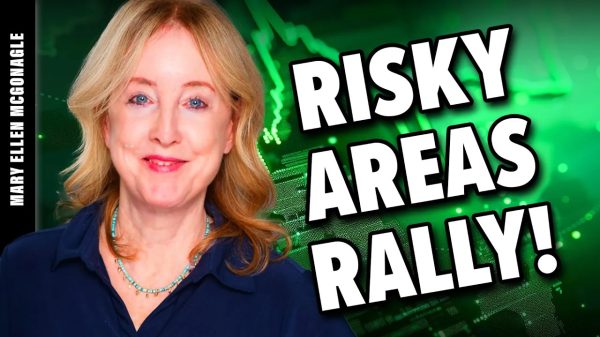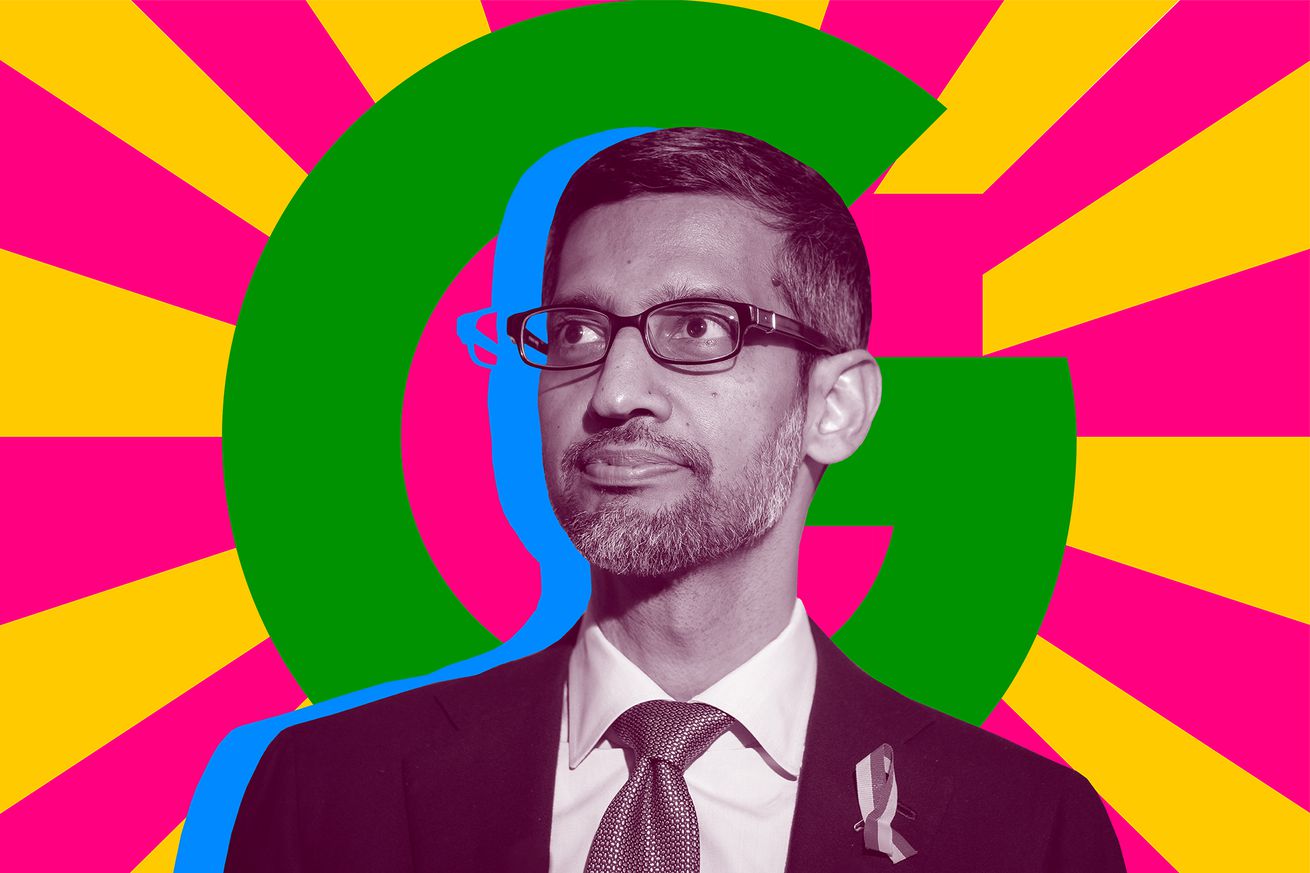
Google CEO Sundar Pichai says the company’s search engine will “change profoundly” in 2025. “I think we are going to be able to tackle more complex questions than ever before,” Pichai said during the NYT’s DealBook Summit on Wednesday.
“I think you’ll be surprised, even early in ‘25, the kind of newer things Search can do compared to where it is today.”
Pichai also responded to Microsoft CEO Satya Nadella’s comment from earlier this year, in which he said Google should’ve been the “default winner” in the AI race. “I would love to do a side-by-side comparison of Microsoft’s own models and our models,” Pichai said. He added that Microsoft is “using someone else’s models,” alluding to the company’s partnership with OpenAI.
“When I look at what’s coming ahead, we are in the earliest stages of a profound shift,” Pichai said. “I just think there’s so much innovation ahead. We are committed to being at the state of the art in this field, and I think we are.”
Google started its big AI overhaul of Search this year, which included the addition of AI search summaries and a Lens update that lets you search the web with a video. The company is also preparing to launch a major update to its Gemini model as it aims to compete with Microsoft, OpenAI, and the AI search engine Perplexity.






